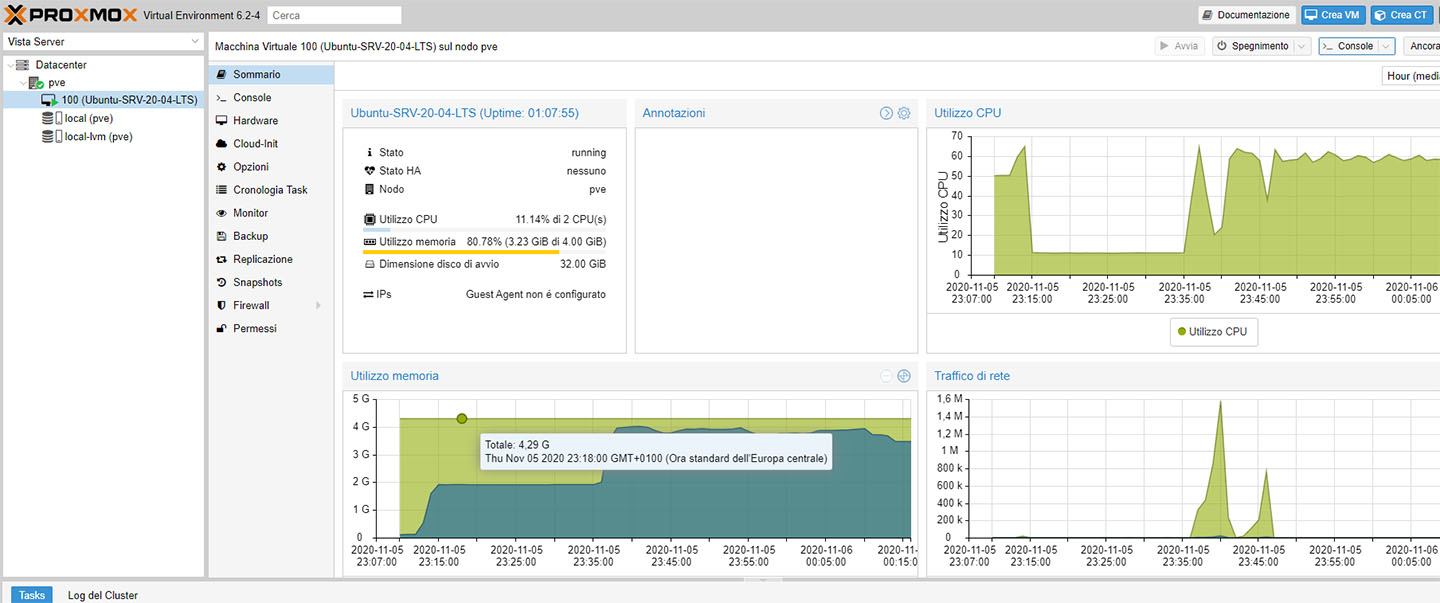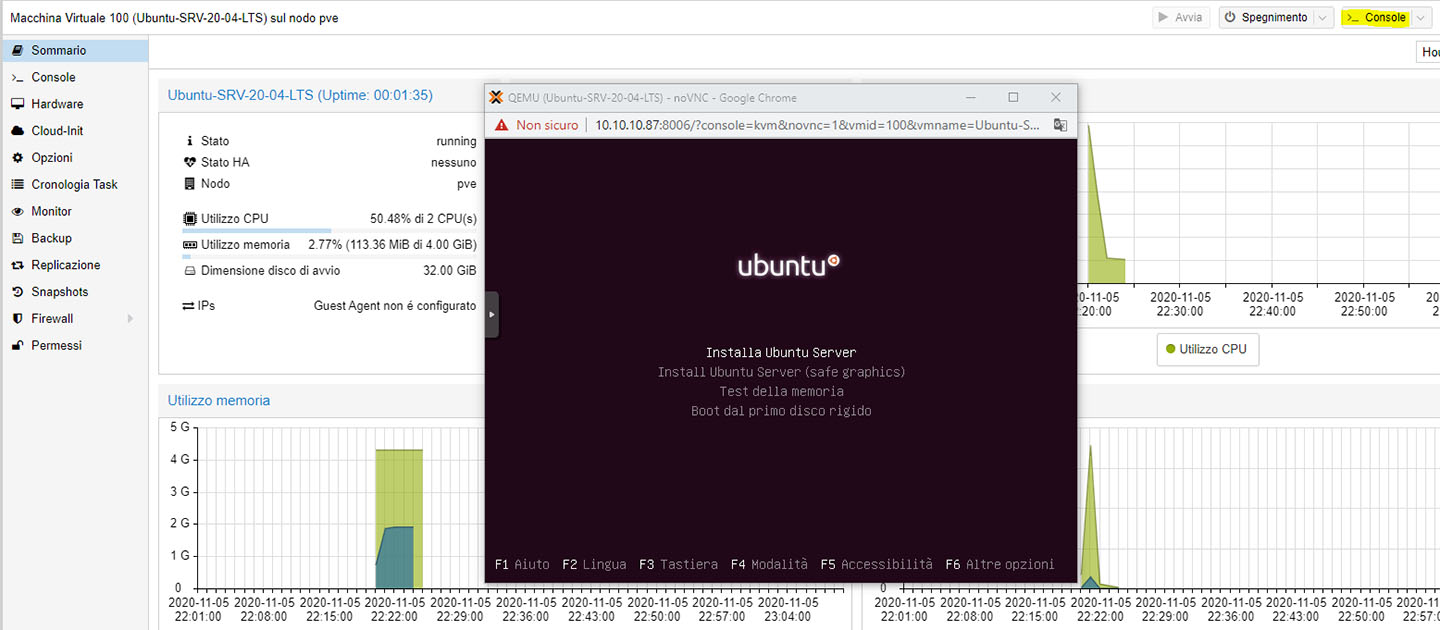Simone “Simo” Bertulli: Benefits of being certified

Passion raises one’s interest in a specific topic, making you want to dive into its deepest tissues. Yet, in some cases, it is necessary to combine that passion with a fair amount of will and a coherent methodology, to place a specific skill set on solid foundations.
If IT/ICT is your cup of tea, certification will help you fully grasp the solidity you are seeking. An IT certification is what provides you with a well-defined path and a clear, specific target to translate the knowledge you already learned into a practical, usable career path.
LPI offers both a range of certifications and membership to people who want to capitalize further on their certifications. I am certified at the LPIC-3 level and have become an LPI member. I’ll describe both aspects of LPI in this article.
What does it truly mean to be a certified professional out in the field? What is the actual difference you make once the digital chickens come home to roost on the systems you are administering?
By definition, and as per the certification’s name, the Enterprise Virtualization and High Availability exam covers topics such as high-level administration of GNU/Linux and other systems. Such topics lie at the very core of a business environment. Because LPI certifications are vendor-neutral, the great majority of the skills and knowledge that are acquired and duly certified are suitable in any “pure Linux” context.
An issue that I face with some frequency concerns the creation and management of virtual environments in two layers:
Layer 1: a virtual environment on a physical machine, a “bare metal” installation (XEN, Proxmox )
Layer 2: a virtual machine on an existing system (KVM)

In addition to virtualization, containers are also gaining popularity due to their flexibility, through platforms such as LXC or Docker. Containers, in many circumstances, are much more manageable than virtual machines due to the speed with which they can be created and deployed, and their optimized resource usage.
Another concrete case in which I can take full advantage of what I have learned is the management of load balancing and redundant reliability on multiple instances. In complex and structured environments, guaranteeing operational continuity is crucial. Learning the right tools was also important, to master fail-over mechanisms on clusters composed of multiple nodes. A firm grasp of technologies such as Pacemaker and Corosync is mandatory.
Knowing all the techniques for distributing loads among virtual servers or physical instances, such as “Round Robin” algorithms and those called “least connection”, is useful for understanding the dynamics of virtualization.

Another pertinent issue, which is much more of a niche for sure, but no less important, concerns the adoption of cluster-based file systems such as GFS2 and their integration on HPC (High-Performance Computing) class systems.
In such contexts, you deal with distributed management of computing resources for a matter strictly related to performance, but always operating on a high number of large nodes or clusters (in my experience, never fewer than 50 machines).
LPI membership is an additional way to demonstrate that you are a certified IT professional. From one point of view, membership is like renewing your certifications, but it is also more. It’s like playing from the same deck of cards deck in two different games. You win the membership game by sharing the experience that actually makes you certified professional.
In short, we definitely are in a field where an RTFM approach is insufficient. But an IT high-level certification offers you enormous capabilities, and LPI Membership enhances the continuity of those benefits.
<< Read the previous post of this series | Read the next post of this series >>
